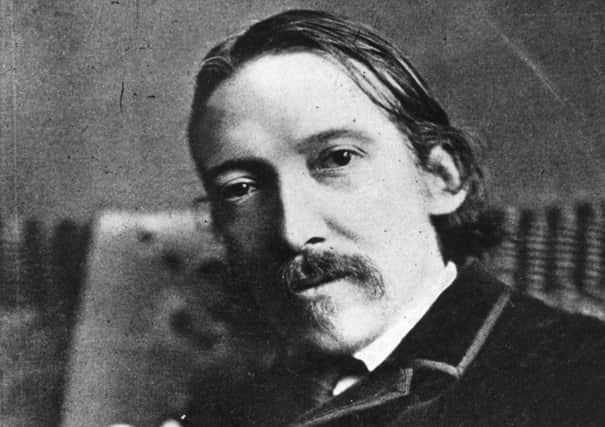E-books unearth buried treasure of Scots writers


Palimpsest, a company based in Falkirk that produces e-books for JK Rowling, Stephen King and more than half the current Booker shortlist, is to launch a series of literary classics.
Each month the company will release a selection of e-books under the banner “Scottish Lost Treasures” which will include titles such as The Three Perils Of Man by James Hogg and Edinburgh Picturesque Notes by Stevenson.
Advertisement
Hide AdThe idea behind the venture is to use the international profile Scotland has enjoyed from the Commonwealth Games, the referendum and the Ryder Cup to highlight a forgotten world of Scottish writing.
Each e-book will contain three different titles linked by either genre or subject matter. The first five “e-bundles” released next month are “Forgotten Authors”, “Historical Fiction”, “Woman Writers”, “Supernatural Classics” and “War Poets”.
Craig Morrison, founder of Palimpsest, said: “The discussions to choose the first batch were both lively and prolonged. The project team all had personal favourites and made strong cases for them. But we wanted a balanced list, across genres, for both adults and children, which showcased both great writing and Scotland. But certain authors really stood out.
“James Hogg – fantastic books even though Hogg is not a household name. Outside of Justified Sinner most of his works are little known and they really deserve to be read. Three Perils Of Man in particular deserves a renaissance.
“James Thomson’s City Of Dreadful Night – remembered as a great book by several from university days but little mention of it since. The writing was way ahead of its time and has parallels with TS Eliot’s The Wasteland. It deserves to be read!
“Scottish classics from woman authors seemed poorly served and we wanted to address this directly. Catherine Sinclair, for both her own writing and association with Sir Walter Scott should be more widely read.
Advertisement
Hide Ad“Likewise Elizabeth Grant’s journal provides an accurate and vivid account of life in the early 19th century.
“Presenting three books together seemed important in drawing attention to the work of female Scottish authors from the 19th century.
Advertisement
Hide Ad“There was also a compelling case for ‘forgotten authors’ – whose works sold in huge numbers when initially published but over the years have all but disappeared. Marriage by Susan Ferrier is a fine example.
“Another hugely popular author that featured heavily in our discussions was Neil Munro, but he is best known for only a small part of writing – the Para Handy stories. Much of his work was out of print and not available as e-books which seemed a huge loss. There was so much more to Munro than Para Handy.
“Likewise, all the war poets were out of print. We felt it important, on the anniversary of the First World War, that this wonderful, powerful, emotive poetry, reflecting on both those at the Front and loved ones left at home, was made available in digital format.”
Professor Willy Maley, who teaches Scottish literature at Glasgow University and edited the list of the 100 Best Scottish Books said he was delighted.
“This strikes me as a fantastic venture, and one I hope will expand further,” he said. “When I edited the 100 Best Scottish Books ten years ago, I noted how many Scottish writers were out of print. Projects like this help introduce a new generation of readers to the lesser-known works of important authors and to the labours of neglected writers who deserve attention.
“Some of these – like Catherine Carswell’s The Camomile –already exist in downloadable form, but there are still many hidden gems, and not just fiction but non-fiction too.
“In fact, while we’re on the subject I’d like to see the writings of the great Scottish socialists James Connolly and John Maclean more widely available.”